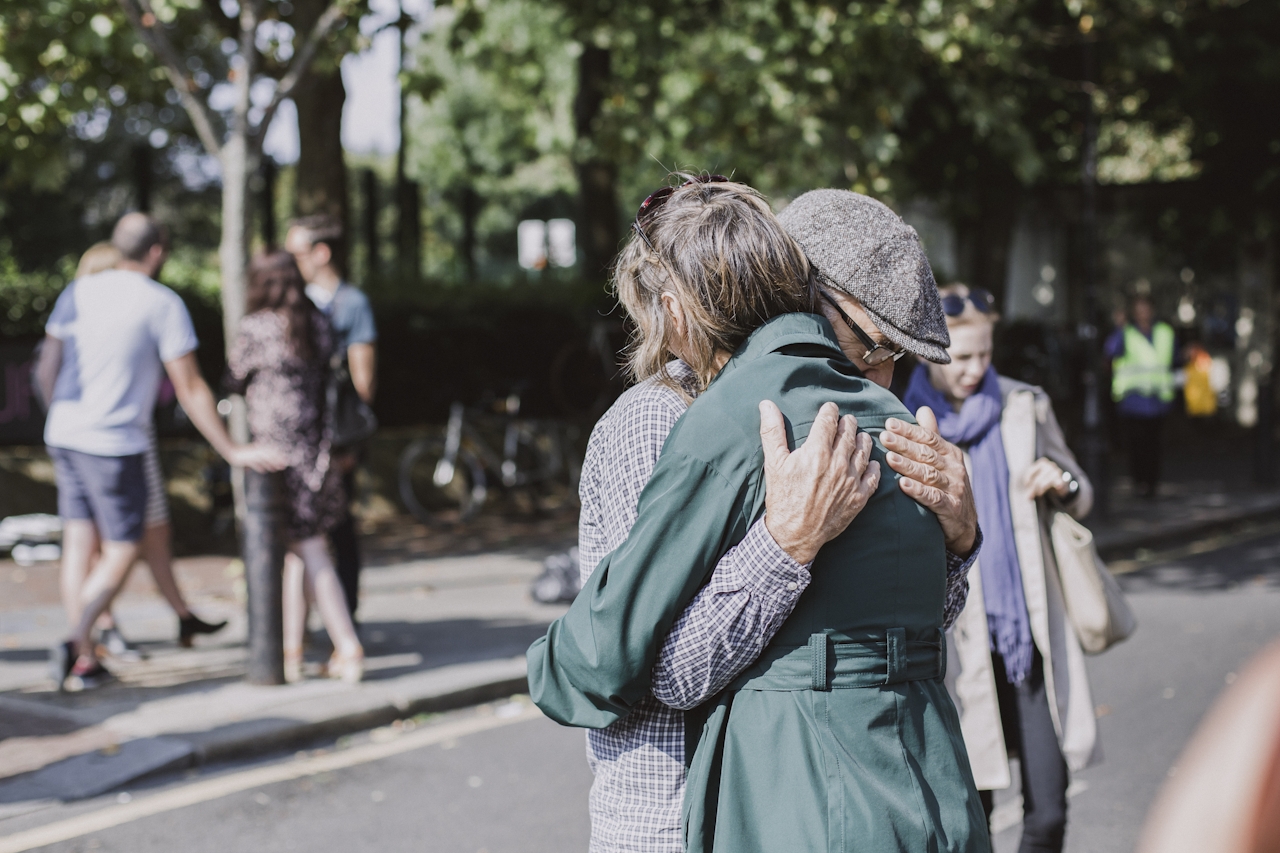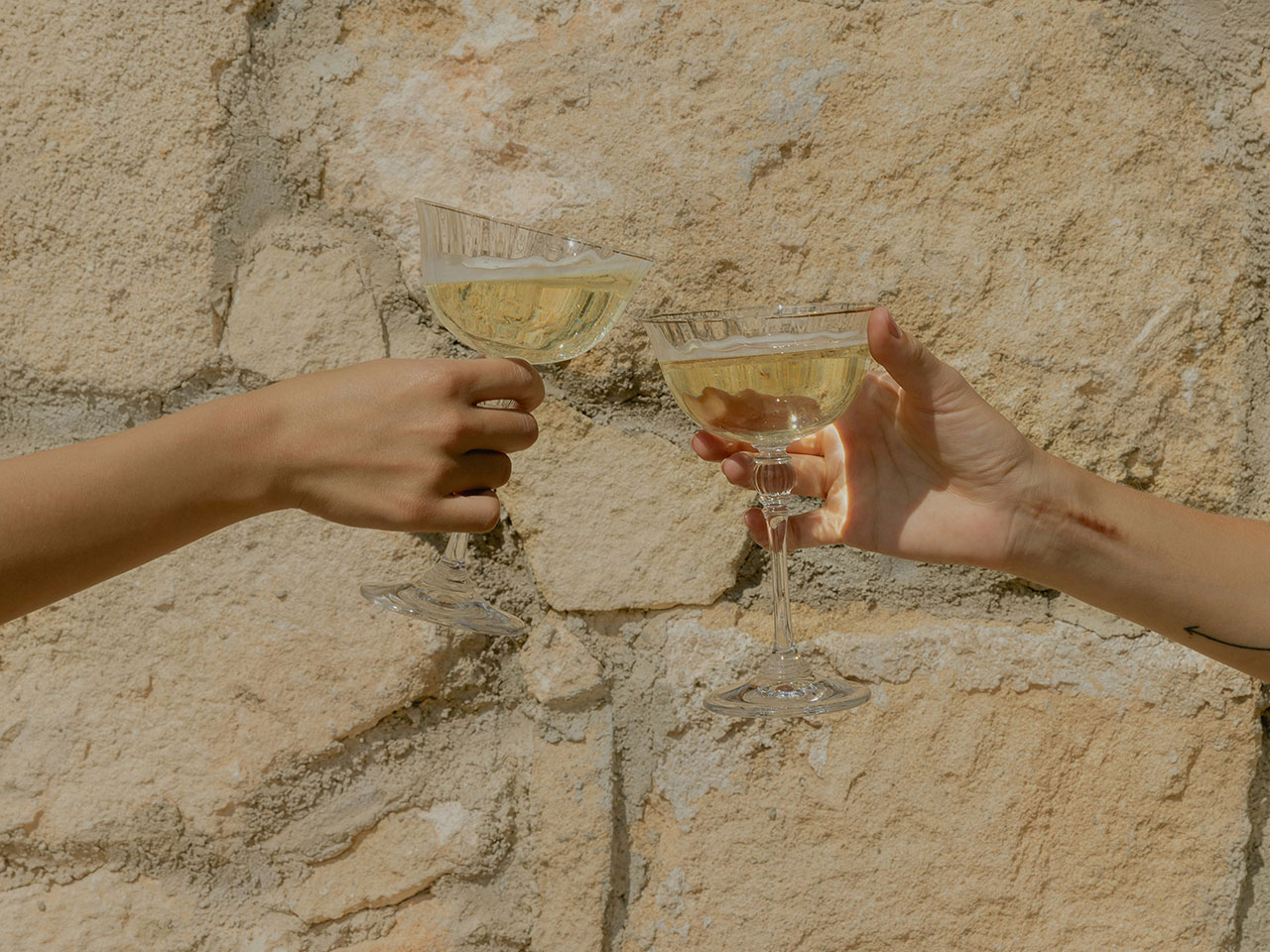When we think of meditation today, we often picture quiet rooms, crossed legs, and soft breathing. But the Stoics practiced their own form of meditation—long before the word became common.
For the Stoics, meditation wasn’t about escaping the world. It was about preparing for it.
Marcus Aurelius used evening reflections to examine his actions and morning reflections to set his intentions. Seneca encouraged rehearsing adversity in the mind, not to invite fear, but to disarm it. Epictetus taught students to review their day carefully:
Where did I act according to reason? Where did I fail? Where can I improve tomorrow?
Modern meditation and Stoicism meet in this shared ground:
- Slowing down enough to notice your thoughts.
- Questioning them.
- Returning to clarity.
You don’t need to abandon Stoic practice to add meditation.
You can use meditation as a tool to sharpen Stoic awareness:
to observe your emotions without being ruled by them,
to pause before judgment,
to prepare your mind for what the day may bring.
Stillness isn’t the goal for its own sake.
Stillness is what lets you live more fully.
Want to Go Deeper?
If you want to explore the quiet partnership between Stoicism and meditation, these books show how reflection, awareness, and stillness prepare the mind—not for escape, but for life itself:
Stoic Classics
- Meditations — Marcus Aurelius
Daily reflections on virtue and perspective, written as a practice of self-examination. - The Enchiridion — Epictetus
A compact handbook for clarity—distinguishing what is in your control from what is not. - On the Shortness of Life — Seneca
A reminder that time is precious, urging us to live deliberately and without distraction. - That One Should Disdain Hardships — Musonius Rufus
Practical lectures on living with discipline, reflection, and moral purpose. - Lives and Opinions of Eminent Philosophers — Diogenes Laërtius
A historical source preserving the sayings and practices of Stoic thinkers.
Modern Works on Meditation
- Wherever You Go, There You Are — Jon Kabat-Zinn
Brings mindfulness into everyday life as a tool for steady awareness. - The Miracle of Mindfulness — Thich Nhat Hanh
Simple practices for breathing, pausing, and seeing clearly in daily moments. - The Untethered Soul — Michael A. Singer
An accessible guide to noticing thoughts and emotions without being carried away by them.
Reflection Prompt
Ask yourself this:
How might even five minutes of quiet reflection each day strengthen your ability to live with wisdom, courage, justice, and temperance?






